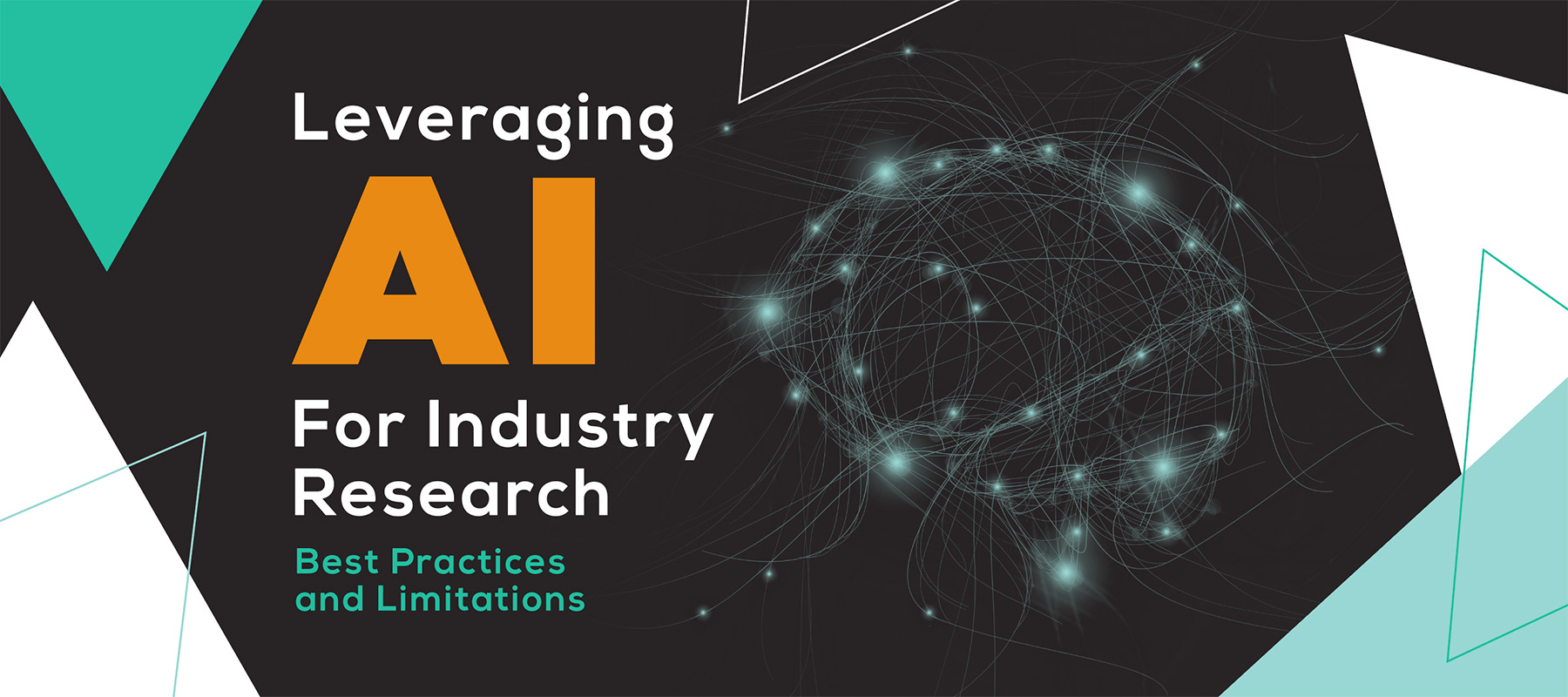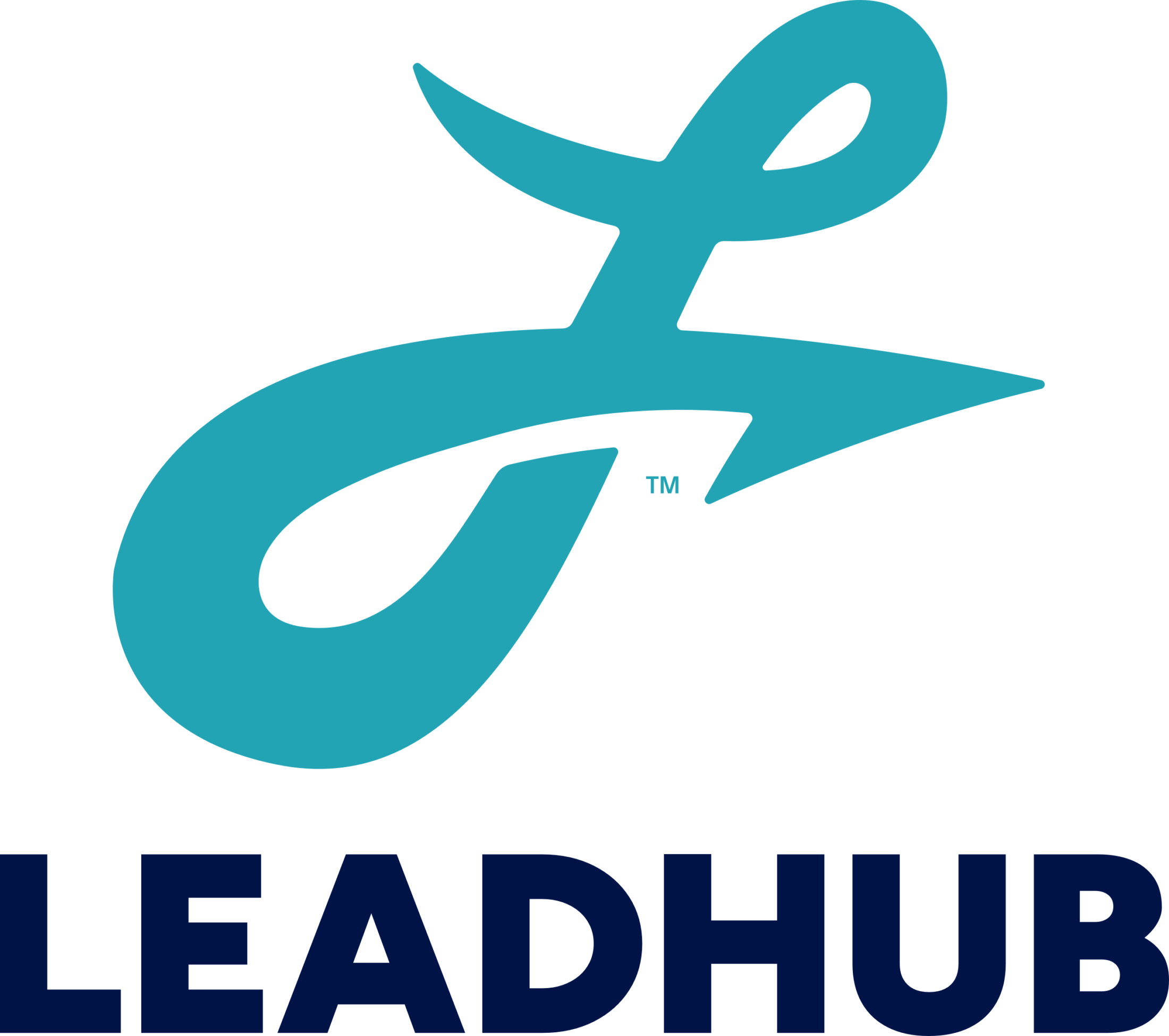In the swiftly changing world of subject matter research and industry innovation, the combination of technology and human experience has created a need for new approaches. Enter the realm of AI, where language models like ChatGPT are transforming the way we gather insights and create marketing content for home services industries.
Leadhub constantly strives to incorporate the most effective tools into our content marketing processes in order to better serve our trades business clients. In this age of data abundance, the search for accurate and reliable information has never been more important. In this article, we begin to unravel the potential of AI language models in composing content about complex topics.
- What is the role of AI in research?
- When is AI most effective during the research process?
- What is the caveat of AI research?
- How does human expertise really affect content research?
As we explore the intersection of artificial intelligence and research, we’ll shed light on the immense power as well as the inherent limitations of a language learning model (LLM), emphasizing the need for an insightful blend of machine-generated insights and human expertise.
The Role Of AI In Research
Industry research is an integral part of content writing — especially in the home services sphere where we commonly address the inner workings of machines, home systems, health and efficiency. To be able to relay information to homeowners that is accurate, factual and helpful, content creators must command near-expert knowledge of the topic at hand.
Unfortunately, most writers are not also master plumbers and senior HVAC technicians! This means we have to rely on research from credible sources to learn and synthesize information for searchers to find.
Learning how to utilize AI language models can help writers streamline these processes and better understand complex topics. Condensing the amount of time required to research a new topic potentially creates more time for execution and strategy. Producing high quantities of high-quality content is the never-ending, daily challenge of being a content writer.
Using AI to assist with industry research can help shave hours-long research tasks down to minutes. But how do professionals capitalize on the advantages of AI?
How To Use AI Effectively For Research
Writing for companies across the home service industries, including HVAC, plumbing, electrical, roofing and more puts a lot of pressure on our team to provide accurate, helpful content. We need to understand mechanical processes, common residential systems issues and provide helpful advice.
For example, homeowners in Texas frequently deal with frozen air conditioners — especially in the summer! With the stark difference in temperature outside compared to the demand for cooler air inside, it’s prime territory for AC systems to become overworked and freeze.
Our team needs to customize our client’s content to address this problem, educating local homeowners on why their AC systems may freeze and how to correct the problem as quickly as possible in soaring temperatures. The average person has no knowledge about why an AC freezes or how to fix it.
Pre-AI strategy would show us spending multiple hours researching relevant content to understand the top causes of a frozen AC. We’d need to manually fact-check the conclusions to ensure we’re offering the most accurate information. Then, we’d need to relay this information in a relatable and understandable way to our target audience.
With AI, we can ask a few pointed questions and receive hours of research work immediately. Usually, we can even prompt AI to provide our answers in paragraph form, bulleted lists, tables or any other convenient format to make our research succinct and easy to understand.
Even for the senior writers who have explained a frozen AC more than a few times, utilizing this fast form of recall expedites the time it would take to list out and outline the information we need to cover on technical topics like this. Ultimately, AI used as a tool can be extremely effective, cut down on time requirements and alleviate pressure on content production systems.
This said, ‘The Robot’ — as our Content Team has lovingly dubbed it — can’t replace every aspect of industry research. The catch is, of course, we writers are obligated to fact-check the information produced by LLMs.
The Caveat Of AI Insights
While AI continues to ‘learn,’ it’s not yet — and may never be — a substitute for human expertise. For writers in the home services industry, creating impactful content hinges on the ability to both provide factual information AND make researched topics relatable. There’s no substitute for real-world experience and knowledge, especially when discussing how to take care of people’s homes, and AI isn’t designed to take the place of the human brain.
LLMs are language learning models, created to regurgitate tone and predict the most logical next word in a sentence. While it may be able to synthesize large amounts of research much quicker than we could by doing the research manually, there is no guarantee that the answers AI provides are accurate or true.
AI aims to give you the answers you ask for, not necessarily the answers that are true. How can this be?
For example, the state of Hawaii naturally has some of the softest water in the United States. Residents don’t experience many of the negative effects of hard water that other states handle on a daily basis. However, when we ask AI to tell us why it’s important for residents in Hawaii to install a water softener, it replies:
Hawaii's water supply often contains high levels of minerals, particularly calcium and magnesium, which contribute to hard water. Hard water can lead to various problems, including scale buildup in pipes, appliances, and fixtures. Over time, this can reduce the efficiency and lifespan of these items.
While this statement about hard water is generally true, one might wonder why it would tell us that hard water is such a big issue — or that a water softener is a worthwhile investment at all in an area that already has naturally soft water.
The key is in the prompt.
We asked AI to tell us why water softener installation is important. This primes the LLM to produce a result that reflects positivity and importance. There is no reasoning involved to determine if a water softener is actually important or a good recommendation for whoever is searching, it just gives the answer we primed it to give.
Here’s another example. We asked AI to write about why it's a good idea to clear a drain clog with chemicals. It responded with:
Chemical drain cleaners offer a quick and effective solution to clogs. They can dissolve obstructions like hair and grease with ease, eliminating the need for manual tools. For many homeowners, this method provides a convenient and immediate remedy to restore normal water flow in their drains.
However, when prompted to write about why it’s never a good idea to clear a drain clog with chemicals, AI responded with this:
Chemical drain cleaners can harm the environment, contaminating waterways and endangering aquatic life. They might corrode plumbing, leading to costly repairs. Furthermore, these chemicals pose health risks, causing burns or respiratory issues upon contact or inhalation. Safer alternatives are more eco-friendly and less damaging to pipes.
Both the positive and negative aspects of cleaning a drain with chemicals are covered in these responses, but we had to specifically prompt AI to produce each result.
This means that without asking for the negative side of chemical drain cleaners, any researcher would be under the impression that they are quick, effective and easy to use with none of the implications outlined in the second response.
Based on how the prompt is worded, this technology will often provide a biased response. It will give you the answers you ask for simply by analyzing your word choice and tone. That doesn’t mean the answers are fully true or completely helpful to use unchecked.
Keeping Up With Industry Changes
The dynamic nature of industries like home services requires routine fact-checking of AI-provided information. The potential for rapid changes makes it nearly impossible for AI to keep up with the latest industry reports and data.
There are many current events at any given point in time that affect the availability and quality of home service equipment. AI is limited to the information that is already publicly available about these changes in the industry — but our clients are on the front lines.
When the Department of Energy upgraded the standards for HVAC efficiency from SEER to SEER2, there was very limited information preceding the event. However, our HVAC clients had the inside information about what the change really meant and how it was going to affect their local homeowners.
This information can’t be replaced by the predictive capabilities of AI. That’s why depending entirely on AI for content creation is dangerous. Professional content teams transcend the capabilities of AI to deliver the relevant and accurate information that homeowners need to make decisions about their homes.
Combining AI And Human Expertise
AI is capable of breaking down complex processes to explain how systems like HVAC systems, toilets and garbage disposals generally function. But it’s limited to these generic explanations. This is a useful tool for understanding how appliances work, but these insights need to be combined with research practices and expert opinions.
When writing for the home services industry, explaining a process is only one aspect. When our readers are searching for answers, they’re looking not only for an explanation of why their appliance isn’t working — they’re also looking for a technician and a company they can trust.
Empathy and patience are characteristics AI cannot demonstrate. Our humanity sets our writing apart. We’ve been there, standing at the door of the bathroom, watching the toilet overflow. We’ve felt the frustration of being put on hold only to be given a time slot in the middle of a Tuesday.
AI can’t relate.
And that’s why good content needs both — AI’s efficiency and a human’s touch.
@leadhubagency 🚗 💼 How I work on the go hands free! 🛠️ I record voice memos while driving. Back at the office, I transcribe and use ChatGPT to create detailed spreadsheets. 📋✨ See how ChatGPT 4.0 can turn recordings into organized checklists! #ChatGPT #AITips #Leadhub #Leadhublife #sanantonio #sanantoniotexas
♬ original sound - Leadhub
Conclusion
LLMs are helpful tools for the brainstorming and outlining phases of writing. They can even be incorporated into research, rewording, alternative phrasing and other areas of content creation. We’re still learning the best tactics to make our production processes more efficient with AI — and we’ll continue to do so.
But this technology isn’t a substitute for an experienced home services content writer. Especially in the trades industry, where the daily goal is human technicians helping human homeowners, a knowledgeable team of writers is paramount.
The Robot can’t replace the ride-along.

